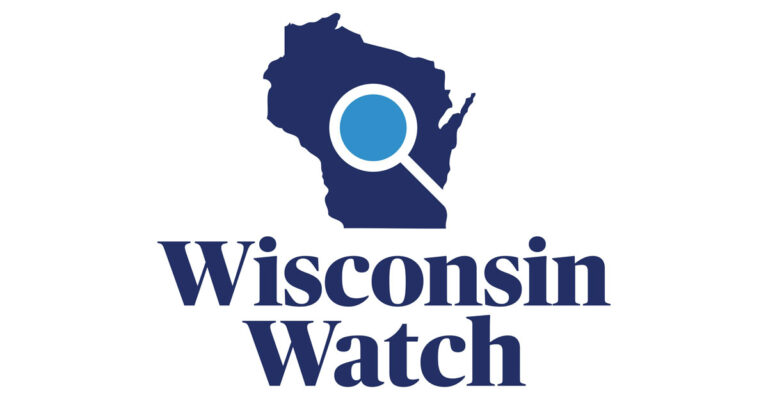Weekly Fiscal Facts are provided to Wisconsin Newspaper Association members by the Wisconsin Policy Forum, the state’s leading resource for nonpartisan state and local government research and civic education. The Wisconsin Policy Forum logo can be downloaded here.
- Download this column as a Word document
- See other WNA Member Content offerings
With e-cigarette use soaring, especially among teens, Wisconsin is joining the fast-growing ranks of states that target them for taxation. Democratic Gov. Tony Evers recently signed into law a plan put forward by Republicans controlling the state Legislature that imposes an excise tax on e-cigarette fluid — albeit at a rate tied for the lowest of any state that taxes it.
The move comes as Wisconsin’s tax collections from traditional cigarettes, on which it relies more heavily than most states, continue to decline in tandem with dwindling usage. The plan enacted by Evers and lawmakers as part of the next state budget will enact a five-cent-per-milliliter excise tax on e-cigarette fluid, effective Oct. 1.
RELATED: See weekly Fiscal Facts from the Wisconsin Policy Forum
As of Jan. 1, nine states and the District of Columbia taxed e-cigarettes, and three more allowed taxes in certain jurisdictions. That list swelled in 2019, with at least eight states not including Wisconsin approving statewide taxes. Of the at least 20 states that currently tax or recently passed a tax on e-cigarette products, four also tax them on a per-milliliter basis at a rate of five cents. The remaining states have higher effective tax ranging as high as 95%.
The trend to tax e-cigarettes, also called vapor products or “vaping” devices, comes as their use has boomed in recent years — especially among young people. In Wisconsin, e-cigarette use among high school students increased tenfold in just the last six years, according to the state’s Wisconsin Youth Tobacco Survey. More than one in five teens currently uses them, or more than four times as many as now use traditional cigarettes.
Meanwhile, Wisconsin’s reliance on tobacco tax revenue increasingly is undermined by declining use of traditional cigarettes. Wisconsin now depends more on tobacco tax revenues than most other states, ranking fourth in 2016 in the share of general revenues it collects from them.
This information is a service of the Wisconsin Policy Forum, the state’s leading resource for nonpartisan state and local government research and civic education. Learn more at wispolicyforum.org.



